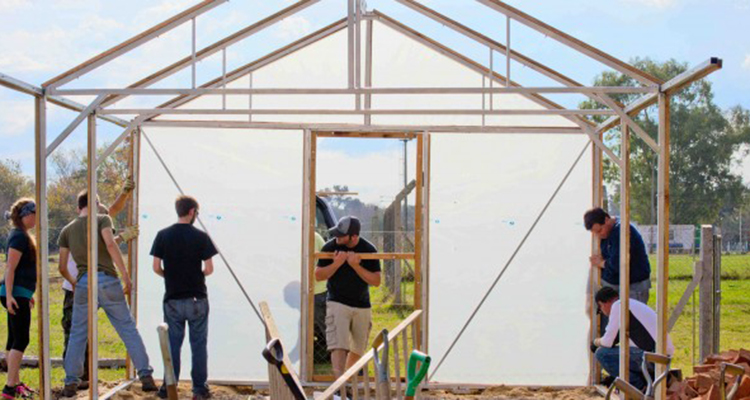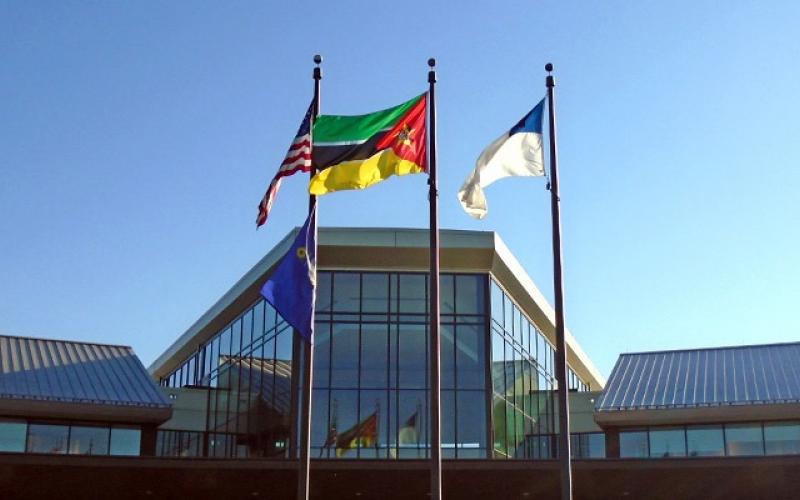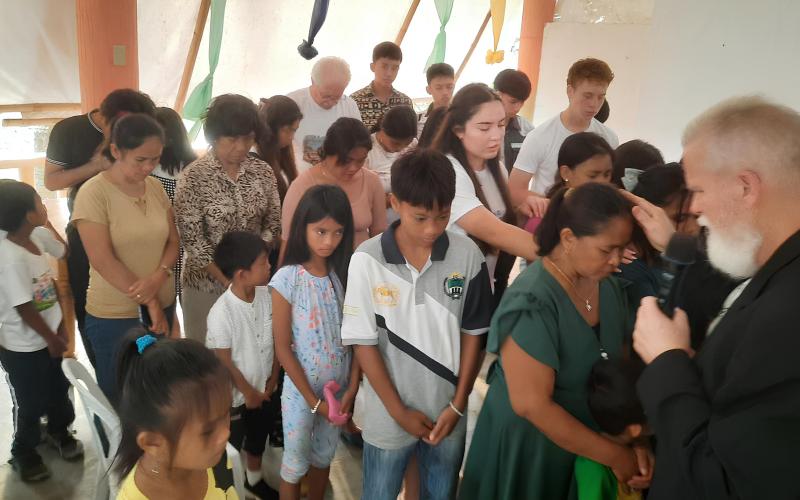
NNU adds bachelor's in agricultural engineering

In the 2018 fall semester, the Department of Engineering at Northwest Nazarene University will add agricultural to the concentrations available for students pursuing a bachelor’s degree in engineering.
“Agricultural engineering is a great fit for Idaho and NNU,” said Steve Parke, chair of the Department of Physics and Engineering. “Many students in NNU’s region come from an agricultural background and want to be involved in the rapid, high-tech transformation of agriculture and food processing. We’re in exactly the right place for educating future agricultural engineers to enhance the productivity of the region’s orchards, vineyards, seed crops, and food processing industry. Moreover, it’s an NNU mission fit. We will be able to apply these skills to help people around the world.”
This new concentration is oriented towards the use of GPS, sensors, and robotic actuators known as precision farming.
“Precision agriculture enables the plants to tell the farmers what they need for optimum production," said Duke Bulanon, associate professor of mechanical engineering. "This allows us to be good stewards of God’s creation.”
With this robotic focus on agriculture, NNU’s program is unlike most agricultural engineering programs in the nation, which are predominately biologically oriented, and is the only one available in Christian higher education.
Agricultural engineering uses robotic automation for labor-intensive agricultural production such as planting, picking, pruning, irrigating, spraying, and food processing. This is important in solving the growing problem of farmworker shortages. Besides making these processes less work intensive, robotic automation is environmentally beneficial.
“It dramatically minimizes the use of water and pesticides by direct application as well as air pollution by moving towards all-electric farm vehicles,” Parke explained.
For this degree, students will take courses in mechanical engineering, geographic information systems, and agricultural automation, as well as complete a senior project tailored toward this area of study. The coursework complements the ongoing department research projects in agriculture, giving students opportunities to gain hands-on experience innovating agricultural technology for local farmers.
This concentration builds on the past years of highly successful agricultural engineering research by Duke Bulanon and Josh Griffin. Having earned a Ph.D. in agricultural engineering, Bulanon brought an agricultural focus to the Department of Physics and Engineering when he joined NNU’s faculty seven years ago. Now NNU is doing U.S. Department of Agriculture, Idaho Department of Agriculture, and NASA-sponsored research involving drones and IdaBot, an autonomous robot that can perform time-intensive farm tasks.
The department has also done agriculture engineering mission trips, such as designing and building a smart greenhouse in Argentina in 2015.
“Using our engineering skills for the kingdom of God is a part of our DNA at NNU,” Parke said. “One of the exciting new ways we can contribute is in the area of agriculture.”



